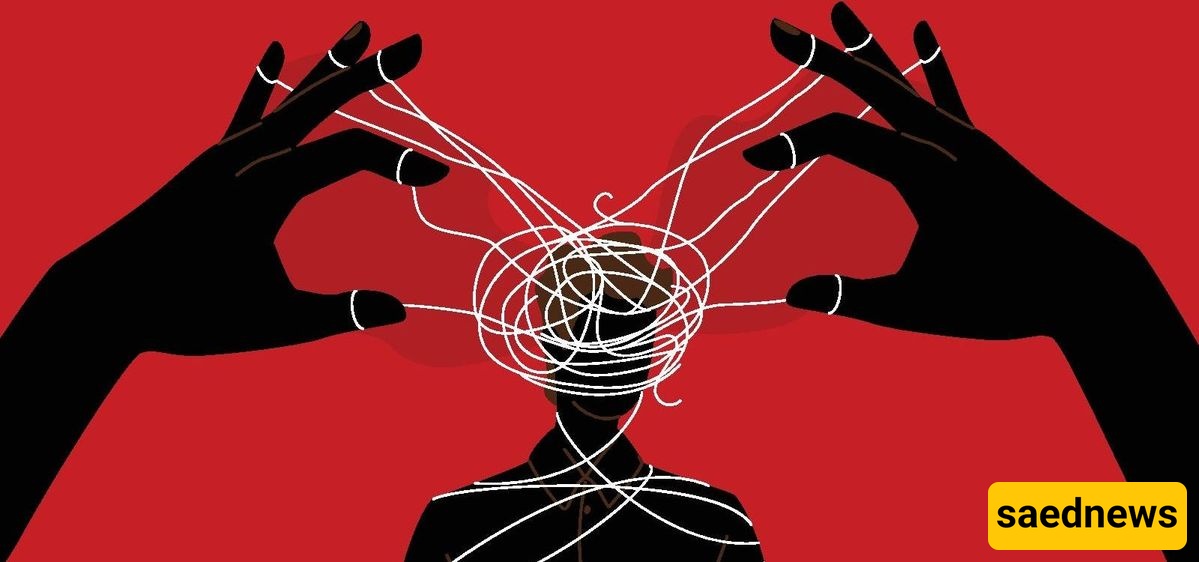SAEDNEWS: Subtle manipulators often hide behind charm and empathy, using guilt, victim-playing, and strategic timing to control others. Recognizing these behaviors and setting boundaries is essential for emotional safety.

According to Saed News; When we think of manipulators, we often imagine someone loud, controlling, or aggressive. Yet, the most skilled manipulators are often subtle, blending into social circles while quietly influencing the people around them. They may be colleagues, friends, or even family members, and their tactics are frequently invisible to the untrained eye.

Here are some unexpected characteristics that often reveal a secret manipulator:
One of the most deceptive traits of manipulators is their charm. They often come across as witty, charismatic, and socially engaging. Their likability becomes a tool for influence, creating trust while masking their true intentions. Psychologists highlight that charm can serve as a “social camouflage,” allowing manipulators to move unnoticed while orchestrating control.
Many manipulators skillfully position themselves as victims. By portraying themselves as unfairly treated or unlucky, they exploit others’ empathy to deflect responsibility and gain compliance. Research shows that victim-playing is a common psychological tactic to evoke guilt and manipulate behavior subtly.
Rather than direct confrontation, manipulators often employ indirect emotional pressure. Statements like “I thought you cared” or “If you really wanted to help, you would…” quietly instill a sense of obligation. According to behavioral psychologists, this form of emotional leverage is more effective than overt threats because it feels personal and intimate.
Secret manipulators are highly attuned to others’ insecurities, fears, and desires. They exploit these weak spots in subtle ways, guiding decisions or influencing long-term behavior without the target realizing it. Awareness of one’s emotional triggers can be a crucial defense against this tactic.
Unlike aggressive personalities, hidden manipulators rarely engage in direct arguments. Instead, they deflect, distract, or superficially agree while quietly shaping outcomes behind the scenes. This quiet influence makes their control difficult to detect, but no less powerful.
Manipulators often mix accurate statements with subtle distortions. This combination creates confusion, fosters dependency, and makes targets doubt their own judgment. Psychologists refer to this as “gaslighting-lite”—a gradual, almost imperceptible manipulation that undermines confidence.
Manipulators understand that timing is critical. They strike when a person is stressed, anxious, or distracted, maximizing their influence. Expert manipulators can patiently wait for the optimal moment to sway decisions or insert ideas, demonstrating remarkable psychological acumen.
Awareness is the first defense. Experts suggest:
Trust Your Instincts: If interactions leave you feeling confused, guilty, or pressured, pay attention.
Set Clear Boundaries: Communicate limits firmly and consistently.
Document Key Interactions: Keeping a record can help maintain clarity and accountability.
Seek Outside Perspectives: Friends, mentors, or mental health professionals can provide objective insight into suspicious patterns.
Manipulators can be difficult to identify, but understanding these hidden traits empowers individuals to maintain healthy relationships and protect themselves from undue influence.

